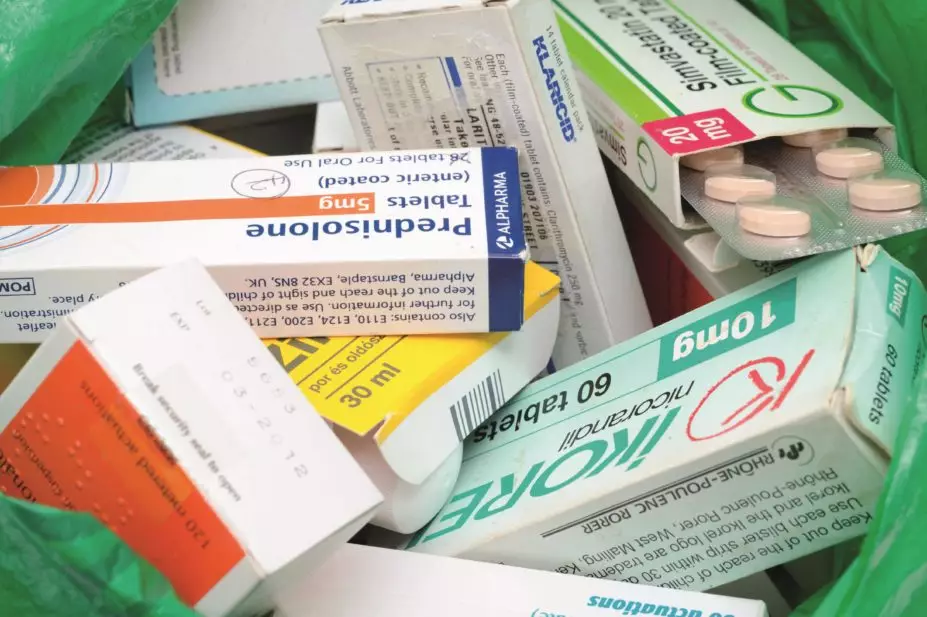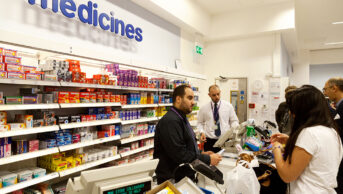
John Boud / Alamy
Around £2bn of savings could be made in the NHS through reducing waste and improving clinical practice, says a report by the Academy of Medical Royal Colleges.
‘A doctor’s guide to cutting waste in clinical care’[1] published on 6 November 2014, points out that around 20% of mainstream clinical practice brings no benefit to patients and that wasted prescribed medicines cost around £300m a year.
The report outlines a series of simple measures that could help create savings, which could then be reinvested to improve care and raise standards. For example, it describes generic prescribing as a “high-value intervention with little potential waste associated”.
It also acknowledges the input of pharmacy staff. In a case study, it describes how sending pharmacy technicians to work in GP practices in one primary care trust saw low-cost statin prescribing increase from 19% to 45% within one year. Prescribing low cost statins could save the NHS £85m per year, the report suggests.
Other waste-reducing measures suggested include increasing doctors’ awareness of adverse drug reactions, which account for four in every 100 hospital bed days and cost the NHS up to £466m a year.
Ian Wilson, chairman of the British Medical Association representative body, which determines policy, said: “Where doctors are freed from unnecessary bureaucracy or poorly managed systems they are ideally placed to focus on the best use of resources and value to patients. In the face of tighter funding, doctors have played a leading role in finding ways to deliver care more efficiently, saving the NHS money while ensuring that the quality of patient care is not compromised.”
David Branford, chairman of the Royal Pharmaceutical Society’s English Pharmacy Board (EPB), says pharmacists could be commissioned to provide medicines reviews for patients, particularly those with long-term conditions or on complex medicine regimens. “Not only does this reduce medicines waste but it also improves patient adherence and quality of care,” he says.
He adds that the EPB’s current campaigns all focus on improving resource usage by maximising the potential of the pharmacist. “We would be delighted to work with either the academy or any of the individual royal colleges to assist them with schemes that can save the NHS money through better use of medicines.”
Warwick Smith, director general of the British Generic Manufacturers’ Association, said generic prescribing already saves the NHS in England more than £12bn a year.
References
[1] Protecting resources, promoting value: a doctor’s guide to cutting waste in clinical care. Academy of Medical Royal Colleges. November 2014.
You may also be interested in

Tackling the NHS drug budget: why we set up a regional collaboration for medicines value

Lack of joined-up working between pharmacy and general practice is ‘nonsensical’, says former BMA chair
